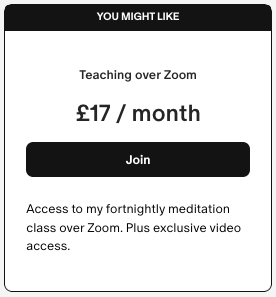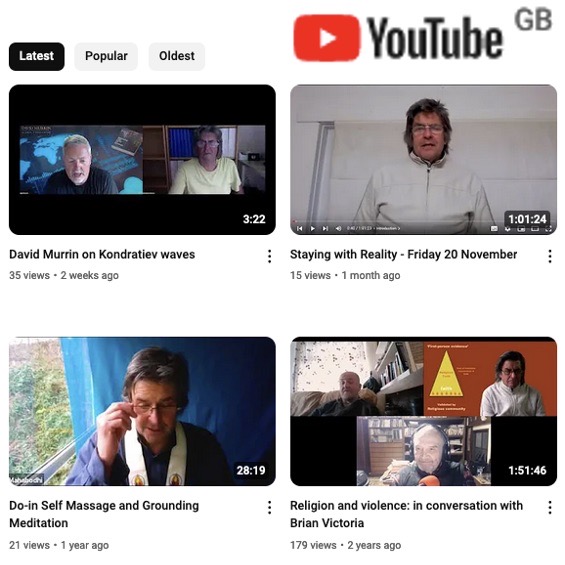Below is an excerpt from my forthcoming book…
© Mahabodhi Burton
2 minute read
This excerpt is from the chapter ‘The Evidence Bases in Religion, Science and Politics,’ explores the creation of political tradition, based upon second-person evidence. It follows on from The Religious Tradition.
The Political Tradition Pyramid
There’s also a hierarchical structure tied to second-person evidence—evidence communicated to second parties, as when I share my opinion with you, and you reciprocate: this is the political tradition pyramid, thus:
- Religion pertains to ‘I’
- Science pertains to ‘They’
- Politics pertains to ‘You’
Politics revolves around the organization of society, dictating its course and wielding two key elements: decision-making and power:
‘Politics (from Greek: politika, ‘affairs of the cities’) is the set of activities that are associated with making decisions in groups, or other forms of power relations among individuals, such as the distribution of resources or status.’[1] (My emphasis)
Similar to how religious traditions stem from individual expressions of faith, political traditions are forged from the interplay of opinions and power dynamics among its members.
As second person evidence ‘comes in,’ manifesting as political opinion and also wielded power over others, a distinct political landscape emerges, where legislative authority (not always legitimate) gravitates towards one party, or even an individual, thus shaping a specific political reality. The quality and harmony of the society it serves, along with the direction it takes, hinge upon the breadth, harmony, and calibre of the social and political discourse.
Different political traditions can be envisioned along a spectrum: on one end lie open, collaborative, and inclusive empowering systems, such as free democracies, while on the opposite end reside restrictive, polarized, and manipulative power-centric traditions, exemplified by dictatorships and totalitarian regimes.
I’ve termed the core aspect of the political hierarchy ‘opinion,’ as my focus rests on the higher end of the spectrum. While opinion pervades this structure, its influence diminishes as we descend through the hierarchy. Initially subject to manipulation, as some argue is prevalent in today’s Western mainstream media, individual opinion gradually yields to power.
In an ideal spiritual community—one founded on wisdom and compassion—there exists no necessity for one individual to wield power over another. Rather, all interactions are guided by mutual respect, consultation, and awareness. This epitomizes the ethos embraced by members of the Triratna Buddhist Order upon ordination: each member commits to engaging with others through the ‘love mode,’ rejecting the ‘power mode.’ For instance, should any member resort to legal action against another, they would be deemed to have forsaken the principles of consensus and consultation, consequently forfeiting their status within the order.
Of course, there are instances where the application of authority becomes necessary, such as when a parent prevents their child from darting into danger on the road. However, even in such circumstances, the exercise of authority must always be subordinate to the principle of love. In this example, the parent intervenes not to assert dominance, but out of love and concern for the child’s safety, safeguarding their freedom from harm.
In a robust political tradition, individuals feel empowered to express their opinions openly within the community, free from external interference. However, as we descend the political hierarchy, the leveraging of public opinion becomes increasingly significant. In democratic systems, politicians harness public opinion within the electoral process, employing rhetoric to persuade voters to align with their political agenda. Conversely, in less transparent political environments, various entities—including corporations, influential individuals, and tech giants—maintain control by manipulating public sentiment through information suppression, obfuscation, and clandestine censorship. Moving further down the hierarchy, the manipulation of power and opinion intensifies, often manifesting in overt censorship practices. Ultimately, at the lowest rungs of this hierarchy, political discourse erodes, giving way to the propagation of pure propaganda akin to an Orwellian regime.
Given that the Triratna Buddhist Order is conceived as a spiritual community comprising freely associating and self-aware individuals who operate solely on first-person evidence, the notion of exploiting public opinion within this community is inconceivable.
The chapter goes on to explore the best of all possible worlds of Religion, Politics and Science.
[1] Politics. Wikipedia.









 Users Today : 33
Users Today : 33 Users Yesterday : 23
Users Yesterday : 23 This Month : 491
This Month : 491 Total Users : 13918
Total Users : 13918
